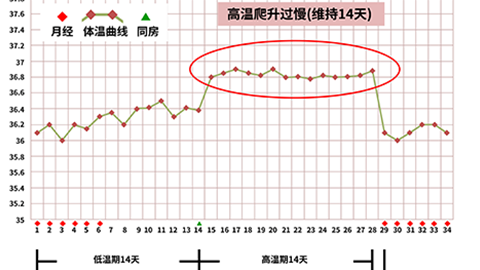Menstruation started on the 18th, when is the ovulation period?
Generally, if menstruation begins on the 18th of the month, the ovulation day may fall around the 1st of the following month, meaning the ovulation period would be approximately from the 27th of the current month to the 3rd of the next month. The detailed explanation is as follows:

Typically, a woman's menstrual cycle averages around 28 days, with ovulation usually occurring approximately 14 days before the next menstrual period. If menstruation starts on the 18th and assuming a 28-day cycle, the next period would be expected around the 15th of the following month. Counting back 14 days from this date, the ovulation day may fall around the 1st of the next month. The ovulation period generally spans 4–5 days around the ovulation day, as the egg can survive for 1–2 days after ovulation, and sperm can remain viable in the body for 2–3 days. Therefore, the probability of conception is higher between the 27th of the current month and the 3rd of the next month, and this period is considered the ovulation window. If the menstrual cycle varies slightly, the ovulation day and ovulation period might shift accordingly, but they will generally center around the 1st of the next month, leading to the above estimation.
When estimating the ovulation period, it is important to note that for individuals with irregular menstrual cycles, the accuracy of this method may decrease. It is advisable to use additional methods such as basal body temperature tracking or ovulation test strips to improve accuracy. Mild abdominal pain or light vaginal bleeding during the ovulation period is usually a normal physiological phenomenon and generally not a cause for concern. Those planning pregnancy can schedule intercourse appropriately during the ovulation period, while those not planning pregnancy should take appropriate contraceptive measures.




